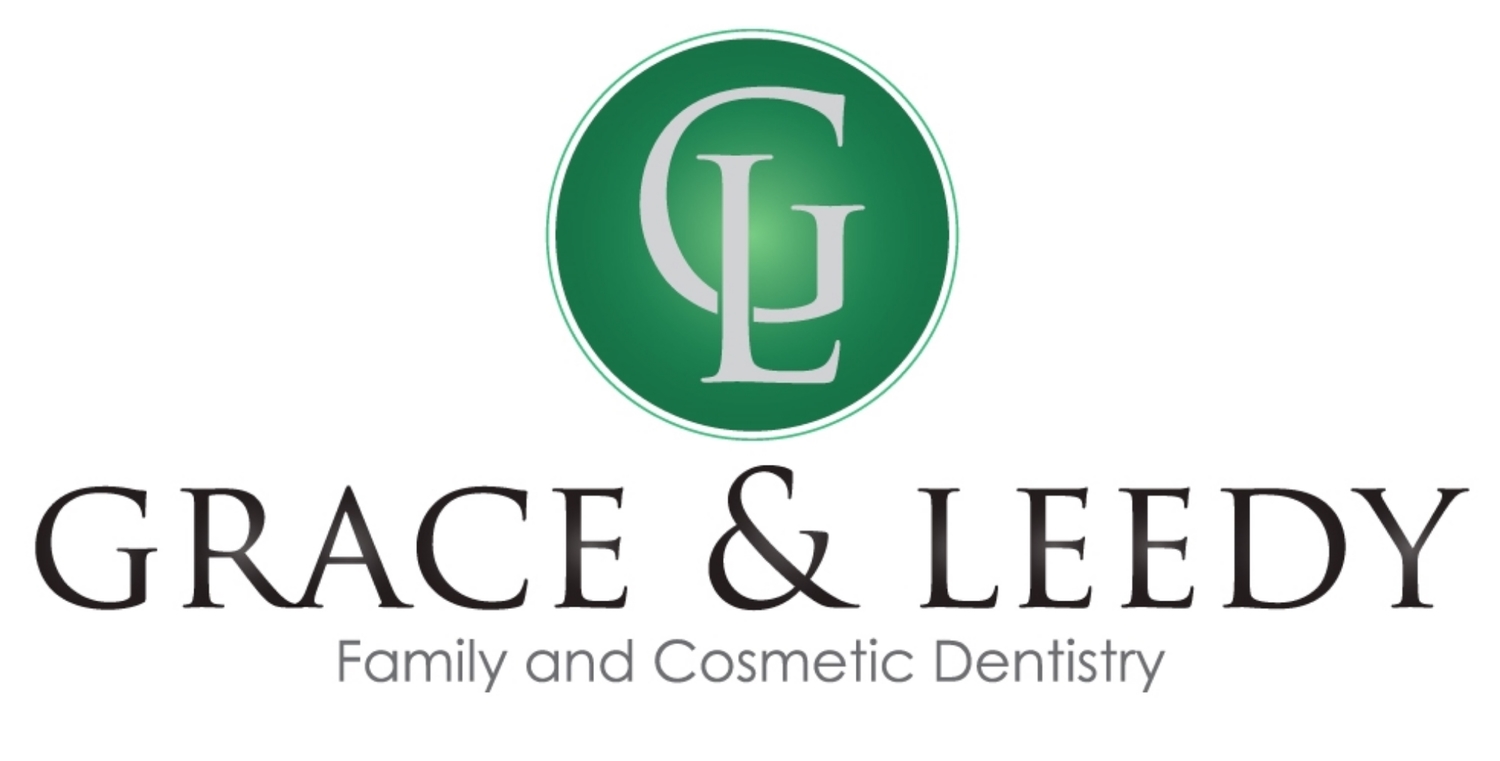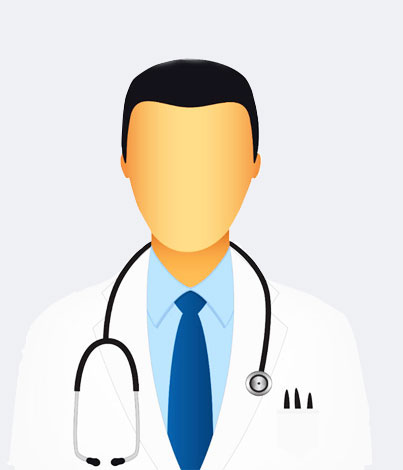Plenty of dental health articles are written about what to do when something is wrong. What do you do if you have a toothache? How do I deal with tooth sensitivity? What are the best ways to whiten my teeth? Yet for many patients, you may wonder what to do if you get a clean bill of dental health at your next checkup. It’s easy to say my teeth are healthy, now what? In response, we’ve put together some suggestions you can follow to maintain and further improve the health of your teeth.
Keep Up With The Basics
A thumbs up from your dental hygienist and dentist is no reason to get complacent with your regular, at home oral health routines. Flossing once and brushing at least twice a day is still extremely important, and it will be for the rest of your life. It may easy to push off these vital routines because your dentist recently said your teeth are healthy. Of course the only way to maintain that clean checkup is to keep brushing and flossing daily. For more information on proper flossing and brushing techniques, we recommend: Fighting Plaque And Tartar Buildup.
Consider Prescription Toothpaste
Even when you are keeping up with your normal oral health routines, there are still ways to improve your brushing. Many patients can benefit from adding a prescription toothpaste to their regular routine. These toothpastes are stronger than over the counter toothpastes, and contain ingredients like fluoride (in higher concentrations to strengthen teeth) and potassium nitrate (to strengthen and maintain enamel). Treatments like this are best used at night when they can stay on your teeth for at least 30 minutes. You should not swish after brushing or drink water for 30 minutes to maximize the effect of the prescription toothpaste. Of course not everyone needs or is prescribed this type of toothpaste, but it is an excellent way to keep your teeth strong and healthy for years to come. Ask your dentist if you might be a candidate to add prescription toothpaste to your daily regimen.
Take A Closer Look At Your Diet
Even though your checkups are good now, your diet could still be effecting the future health of your teeth. Regular contact with staining agents like coffee, red wine and tea can dim the white appearance of your teeth as they age. In addition, acidic foods and drinks like coffee and wine can wear away enamel and increase sensitivity. Eating sugary or starchy foods in excess can also increase plaque buildup, which can become tartar if you miss regular cleanings and contribute to tooth decay. Instead focus on eating fibrous vegetables to reduce plaque buildup. You can reduce the impact that acidic or staining food and drink have on your teeth by swishing water regularly whenever you enjoy these substances with moderation. For more on how to enjoy wine with oral health in mind, we recommend: Drinking Wine And Tooth Decay.
Ask About Long Term Cosmetic Treatment
The point when your teeth are healthy and your dentist recommends no other crucial procedures is a great time to consider more long term treatments. For example, you may have shifting teeth or gaps in certain areas, and now could be a good time to consider orthodontic treatment. Invisalign is an excellent treatment for adults as it is less noticeable compared to braces and can produce similar results. It is worth noting that Invisalign moves more slowly but gradually as your teeth shift, but braces will move more quickly at first, while the new position needs to be maintained longer. Correcting the position of your teeth now will make future regular brushing and flossing easier as well as maintain correct bite position. Of course it will also improve the cosmetic appearance of your smile.
Final Thoughts
No doubt the best scenario you can consider as a dental patient is: “My teeth are healthy, now what?” But this doesn’t mean the work is over. Regular oral hygiene never ends, and you should always keep up with the best flossing and brushing habits. It’s always a good idea to ask your dentist about anything else they may recommend at this point as well. At home, you can improve your diet by avoiding acidic, sugary or starchy foods in excess. Finally, now is a great time to ask about additional orthodontic treatment if it is required. Grace & Leedy Family Dentistry is always happy to help you plan next steps. Contact us today to learn more about your individual dental health needs.



